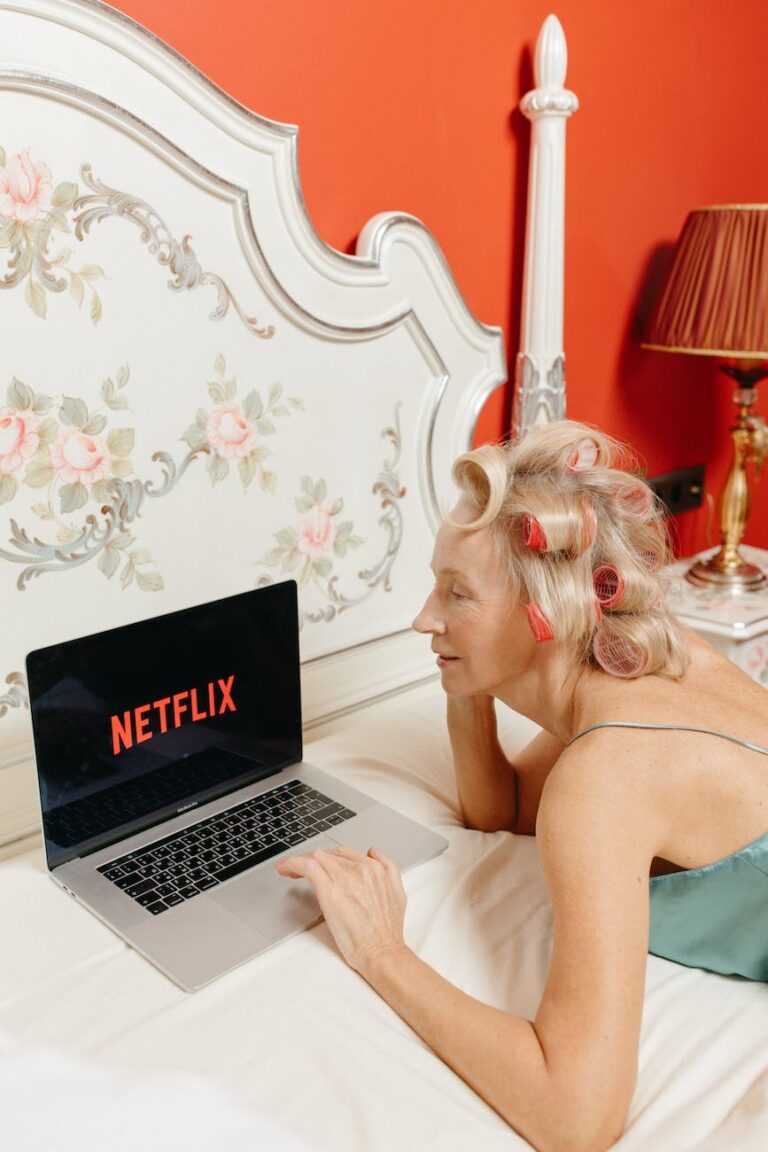Empowering Reproductive Health & Rights Through Entertainment: Insights from Planned Parenthood and Sundance’s The Latinx House
In a groundbreaking discussion hosted by Planned Parenthood and The Latinx House, the intersection of reproductive health, rights, and entertainment took center stage. Moderated by Lucy Flores, CEO of Luz Collective, and former Nevada Assemblywoman, the panel featured Mishel Prada from “Vida” and Rachel Moreno, Vice President of Brand & Culture Strategy for Planned Parenthood Federation of America.
The conversation kicked off with a powerful trailer from “Ours to Tell,” a short film by Planned Parenthood & We Testify, shedding light on the lives of four individuals whose access to abortion empowered them to lead full and empowered lives. The panel delved into the importance of showcasing sexual and reproductive health narratives in television and film as a means to destigmatize these issues, shift culture, and normalize abortion stories.
Rachel Moreno emphasized Planned Parenthood’s commitment to amplifying diverse and inclusive storylines surrounding sexual and reproductive health, particularly amidst threats to abortion access for millions of Americans. With Latinx communities already facing barriers to healthcare, the need for authentic representation and advocacy is more crucial than ever.
Mishel Prada echoed this sentiment, highlighting the importance of using platforms to uplift accurate and positive portrayals of sexual and reproductive healthcare. By sharing abortion stories openly and honestly, Prada emphasized, the narrative can be normalized, paving the way for future generations to speak out without fear of judgment or stigma.
“At Planned Parenthood, there is a real intentionality to lift up storylines around sexual and reproductive health that aren’t usually shown on TV,” stated Rachel Moreno. She emphasized the urgency of shifting the narrative around abortion, showcasing its impact across different ethnicities, races, and gender identities.
Mishel Prada added, “It’s incredibly important to use our voices — whether it’s in the writing room, as a content creator, actor, or activist — to ensure that stories around sexual and reproductive health care are highlighted in accurate and positive ways.”
“Ours to Tell,” directed by Academy Award-winning director Rayka Zehtabchi and narrated by Natasha Rothwell, features real stories that underscore the significance of bodily autonomy and self-determination. Through the film, a call for compassion and understanding is echoed, urging viewers to support reproductive rights and share their own stories.
As the conversation concluded, the panelists emphasized the transformative power of entertainment in shaping societal perceptions and advocating for change. By embracing diverse narratives and fostering empathy, television and film can serve as powerful tools in the fight for reproductive justice.
To watch “Ours to Tell” and learn more about advocacy efforts, visit ourstotell.org and share the film using #OursToTell. To join the conversation and share your story, visit We Testify and be part of the movement towards empowerment and inclusivity in reproductive health and rights.
Discover more from DG Speaks
Subscribe to get the latest posts sent to your email.






